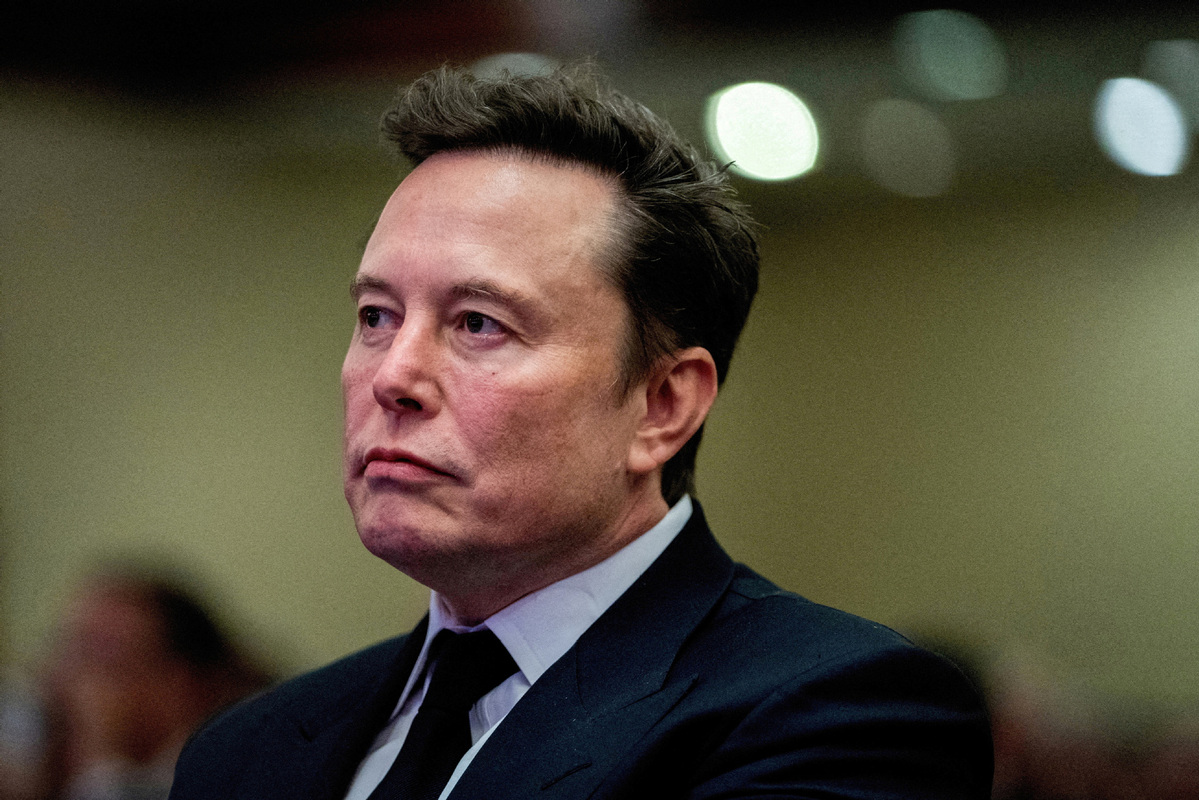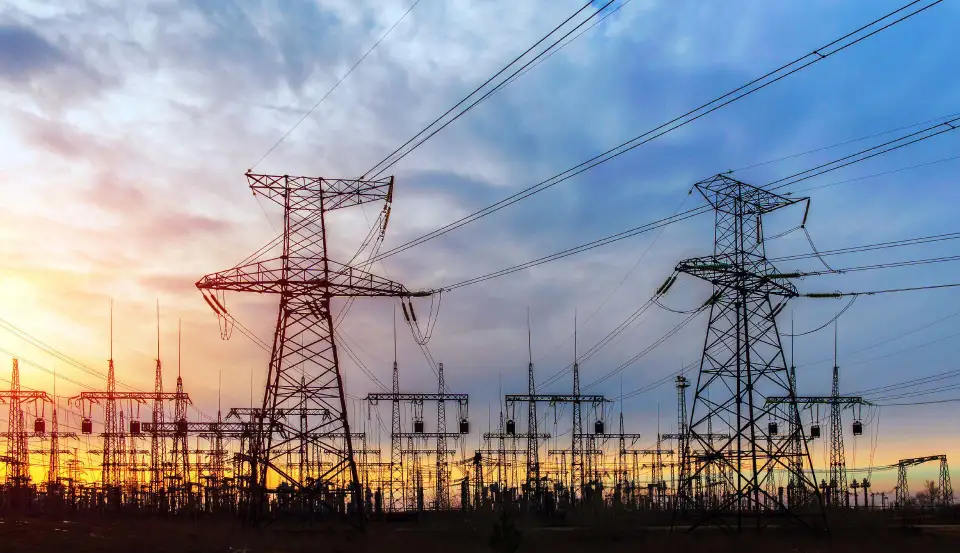In recent years, there have been many new energy vehicle owners who have reported that they may be required to sign an agreement containing a “confidentiality clause” when contacting car manufacturers for after-sales maintenance after experiencing quality issues such as battery failure or abnormal driving assistance systems. The agreement usually stipulates that after receiving free repairs, replacement parts, or even certain economic compensation, the car owner shall not publicly disclose the specific information of the vehicle malfunction, repair process, and negotiation details with the manufacturer through any channel.
This phenomenon is not uncommon within the industry. Some consumers who are eager to solve problems often choose to compromise under the promise of car companies to “sign agreements to initiate special processing procedures”. Although the vehicle was repaired, the truth behind the malfunction was quietly concealed. This approach essentially puts individual consumer rights in opposition to the public right to know, exchanging “sealing” for services. Although it solves temporary concerns, it may bury greater security risks.
Legal professionals have pointed out that if a confidentiality agreement involves concealing common quality defects and harming public interests, it should be considered an invalid clause. Consumers still have the right to report issues to regulatory authorities even if they sign relevant agreements. However, in actual rights protection, consumers are often in a disadvantaged position and find it difficult to resist the strong demands of car companies.
The key to balancing consumer rights lies in breaking the information black box. Regulatory authorities should issue clearer guidelines to prohibit car companies from using their advantageous position to force or indirectly force consumers to sign unreasonable confidentiality agreements, ensuring the traceability of quality issues and handling results. At the same time, it should be encouraged to establish convenient and confidential channels for direct reporting of defective products, so that every fault can become valuable data for promoting technological improvement and standard enhancement. Only by placing consumer rights above brand image management and allowing sunlight to shine into the after-sales process, can the new energy vehicle industry truly thrive and achieve long-term success.











暂无评论内容